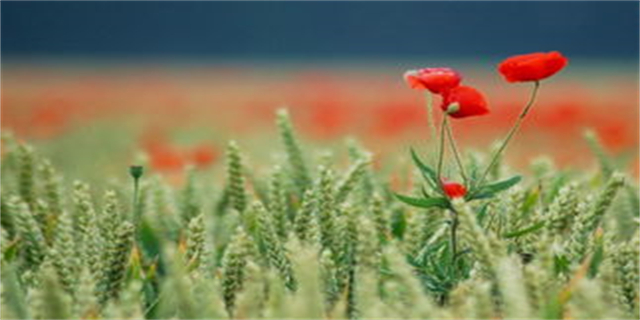As Chinese culture respects the natural order, it has developed its own lunar calendar, with 24 solar terms each year. Xiaoman, also known as \"Small Full\", marks the beginning of summer in the northern hemisphere. In this article, we will explore the meanings and significance of Xiaoman, as well as some traditional customs related to this special day.
What is Xiaoman?
Xiaoman (小满) is the 8th solar term in the Chinese lunar calendar, falling between May 20th to 21st. It indicates the time when the sun reaches the celestial longitude of 60 degrees, which is when the weather gets warmer and the crops start to mature. The word \"Xiaoman\" literally means \"small full\", as it indicates that grains and fruits are almost mature but still not fully ripe. During this period, farmers begin to irrigate their fields and apply fertilizers to boost crop growth.




The Significance of Xiaoman
Xiaoman is a time when nature is fully blossoming, with all kinds of plants and trees growing vigorously. It signifies the arrival of summer, when the sun is at its strongest, and the days are long and hot. This is an important time for agriculture, as farmers must start to harvest their crops and prepare for the upcoming summer season. Moreover, Xiaoman is also associated with health and wellbeing, as it is believed that the human body is most vulnerable to diseases during this transitional period.
Traditions and Customs on Xiaoman
There are many traditional customs associated with Xiaoman. One of the most popular is to eat wheat-based foods, such as dumplings or noodles, as wheat is a symbol of fertility and prosperity. In some regions, people also drink chrysanthemum wine, as chrysanthemum is believed to have medicinal properties and can help reduce internal heat. Additionally, people often participate in outdoor activities, such as hiking or picnicking, to celebrate the arrival of summer.




In conclusion, Xiaoman is a significant solar term in the Chinese lunar calendar, marking the beginning of summer and the agricultural season. It symbolizes the abundant growth and prosperity of nature, as well as the importance of health and wellbeing during this transitional period. By participating in some of the traditions and customs associated with Xiaoman, we can appreciate the beauty and richness of Chinese culture and the natural world around us.
